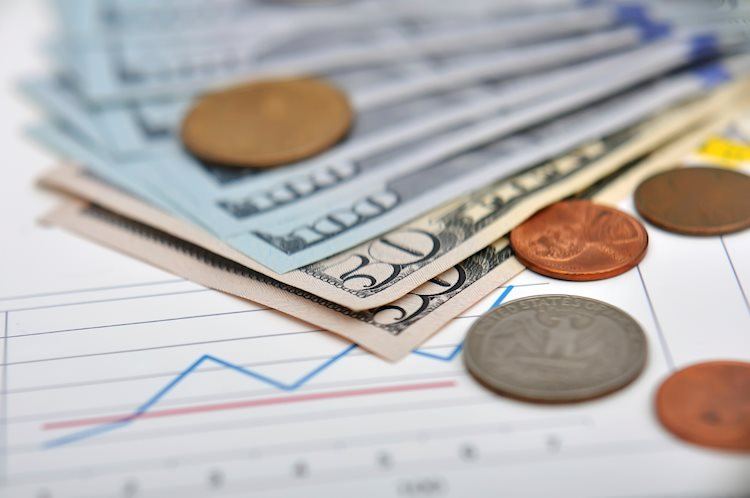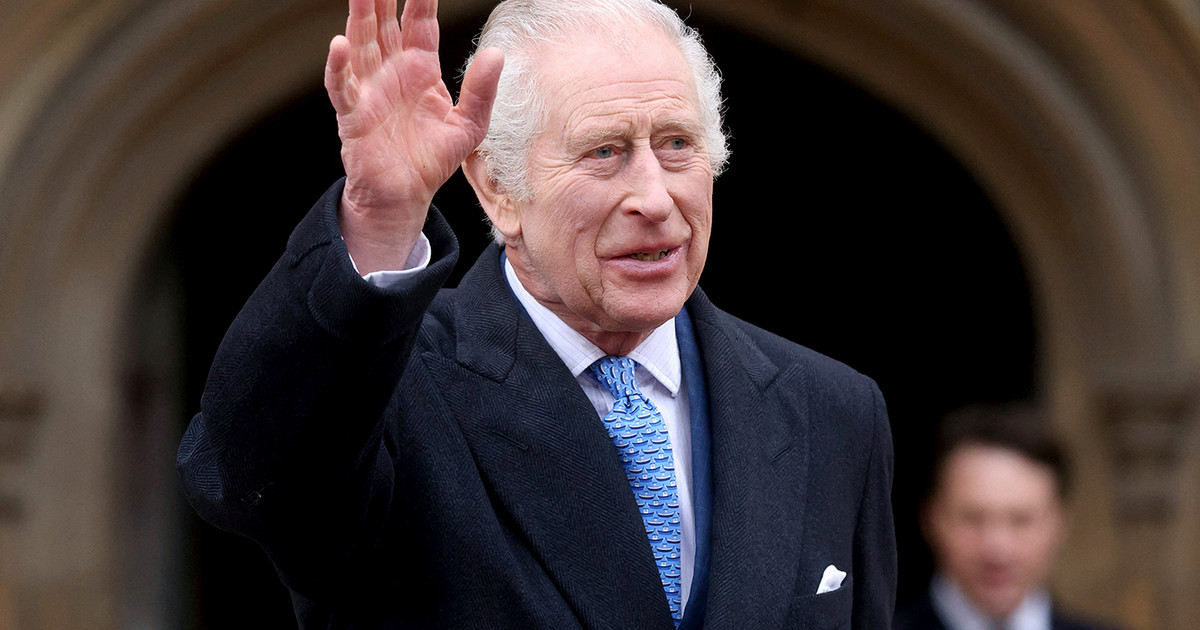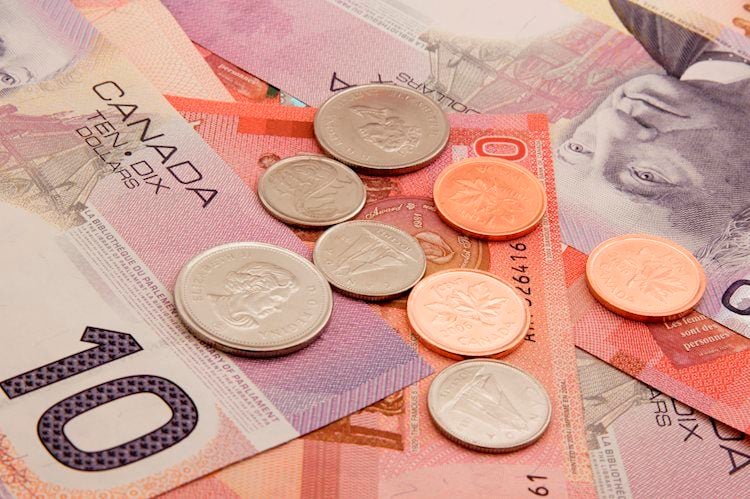China inaugurated, this Monday (15), a new stock exchange, in Beijing. It has been a wish of Chinese President Xi Jinping for some time and aims to help small and medium-sized businesses raise capital.
The first batch of 81 companies has already started trading, including 10 initial public offerings from technology and manufacturing companies. Shares of these IPOs soared on the first day to reach an average price increase of 200%.
Tongxin Transmission, a maker of automotive components, performed prominently, with a surprising gain of 494%.
The exchange’s launch is of strategic importance to Xi Jinping’s economic and political vision. This is the first time a stock exchange has opened in Beijing, giving the country’s capital and political center more influence in the world of business and finance.
It comes as the president is cracking down on some of the country’s biggest tech giants, which until recently had been growing at an almost unbridled pace.
The Communist leader’s campaign aims to ensure that wealth and capital are not concentrated in the hands of a few giants of industry.
The launch of BSE may provide some relief for tech companies, who are facing major regulatory hurdles in the US and China to raise money abroad.
Beijing Influence
Mainland China’s major stock exchanges are located far from the country’s political center in the north.
The Shanghai Stock Exchange, which was established in the eastern city in 1990, primarily hosts large-cap companies, including state-owned companies, banks and energy companies.
The Shenzhen Stock Exchange, in southern China, has a higher proportion of technology companies.
Hong Kong, the former British colony in southern China, also has an international stock exchange that is subject to different regulatory and legal systems. It is free from the kind of strict capital controls that the Asian country imposes.
“The establishment of BSE is conducive to balanced regional development and will increase the influence of northern China [no] capital markets,” said Luo Zhiheng, chief macro analyst at Guangzhou-based Yuekai Securities.
In addition, the Beijing Stock Exchange can “best fit the capital city’s core positioning of becoming the center of the country’s politics, culture, international exchange, technology and innovation,” a goal set by Xi in 2014, Luo said.
Strengthening the domestic market
The launch of the Beijing-based exchange also comes as doors are closing for overseas Chinese tech IPOs due to the more rigorous process of these companies in the United States.
China has been encouraging its companies to list in the country and become less reliant on foreign money and technology, a campaign that intensified during the 2018 and 2019 trade war with the US.
On Sunday, China’s Cyberspace Administration proposed tougher rules for tech companies planning overseas listings. Companies seeking to list in Hong Kong must submit to cybersecurity inspections if they have data that pertains to national security, the regulator said.
“China’s leadership has become more cautious about listing its companies in the United States, particularly for companies that control significant amounts of data,” analysts at New York-based Eurasia Group said in a recent report by search.
(Translated text. Read the original here)
Reference: CNN Brasil
I am Sophia william, author of World Stock Market. I have a degree in journalism from the University of Missouri and I have worked as a reporter for several news websites. I have a passion for writing and informing people about the latest news and events happening in the world. I strive to be accurate and unbiased in my reporting, and I hope to provide readers with valuable information that they can use to make informed decisions.






